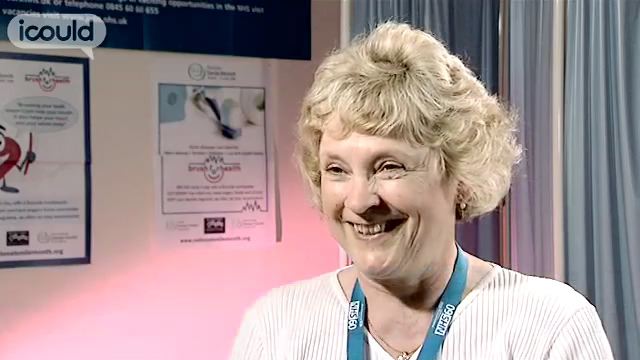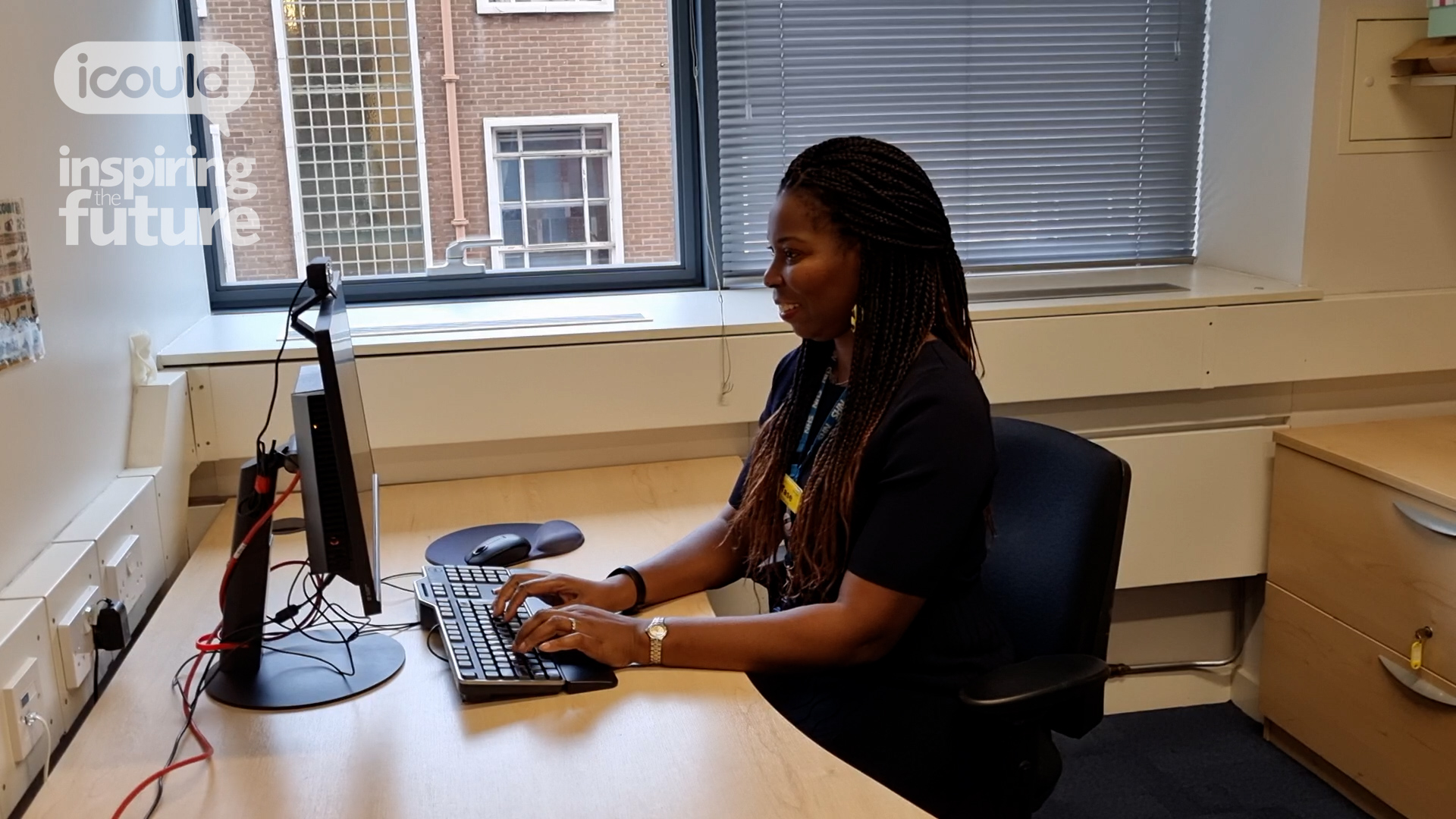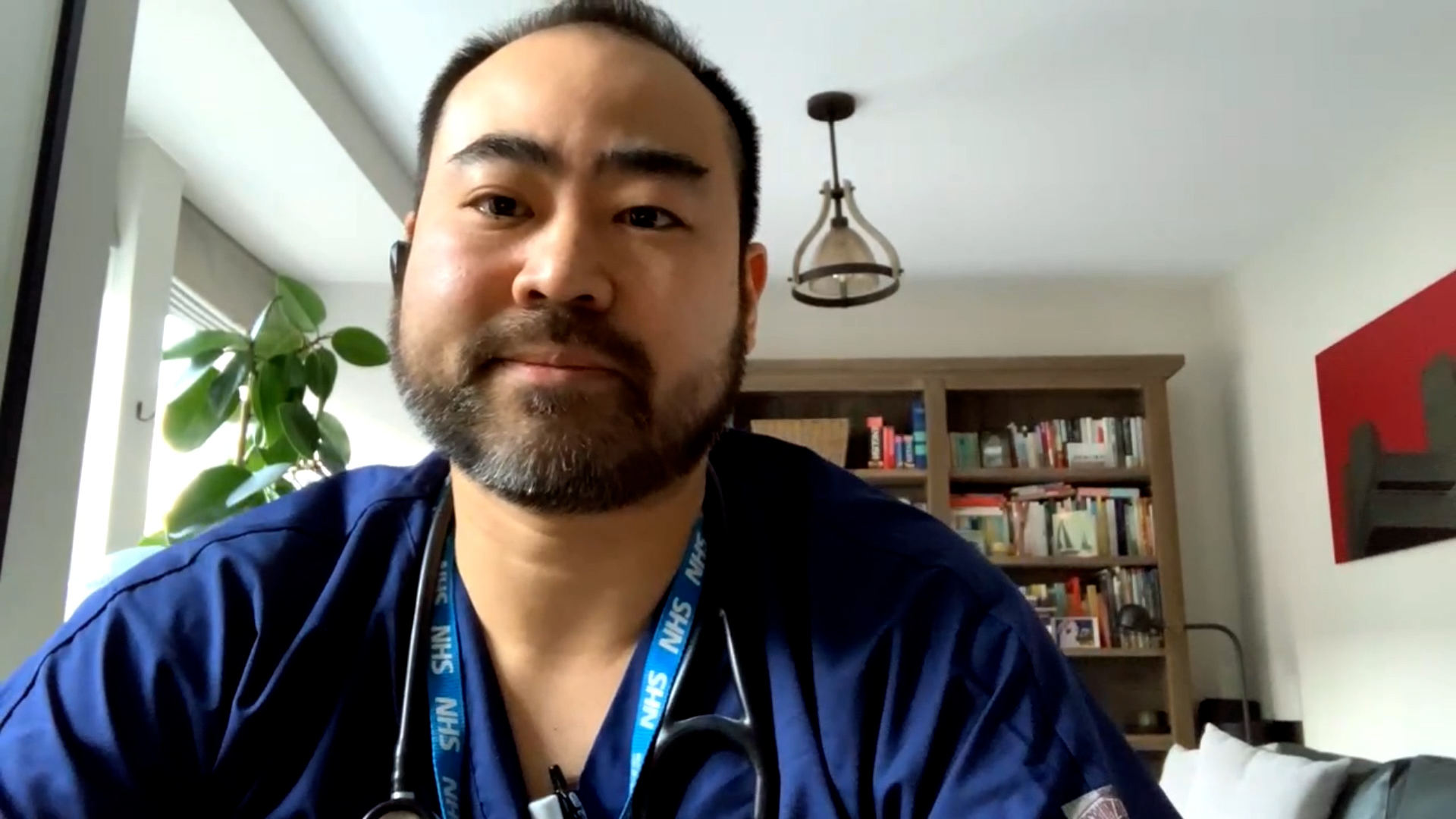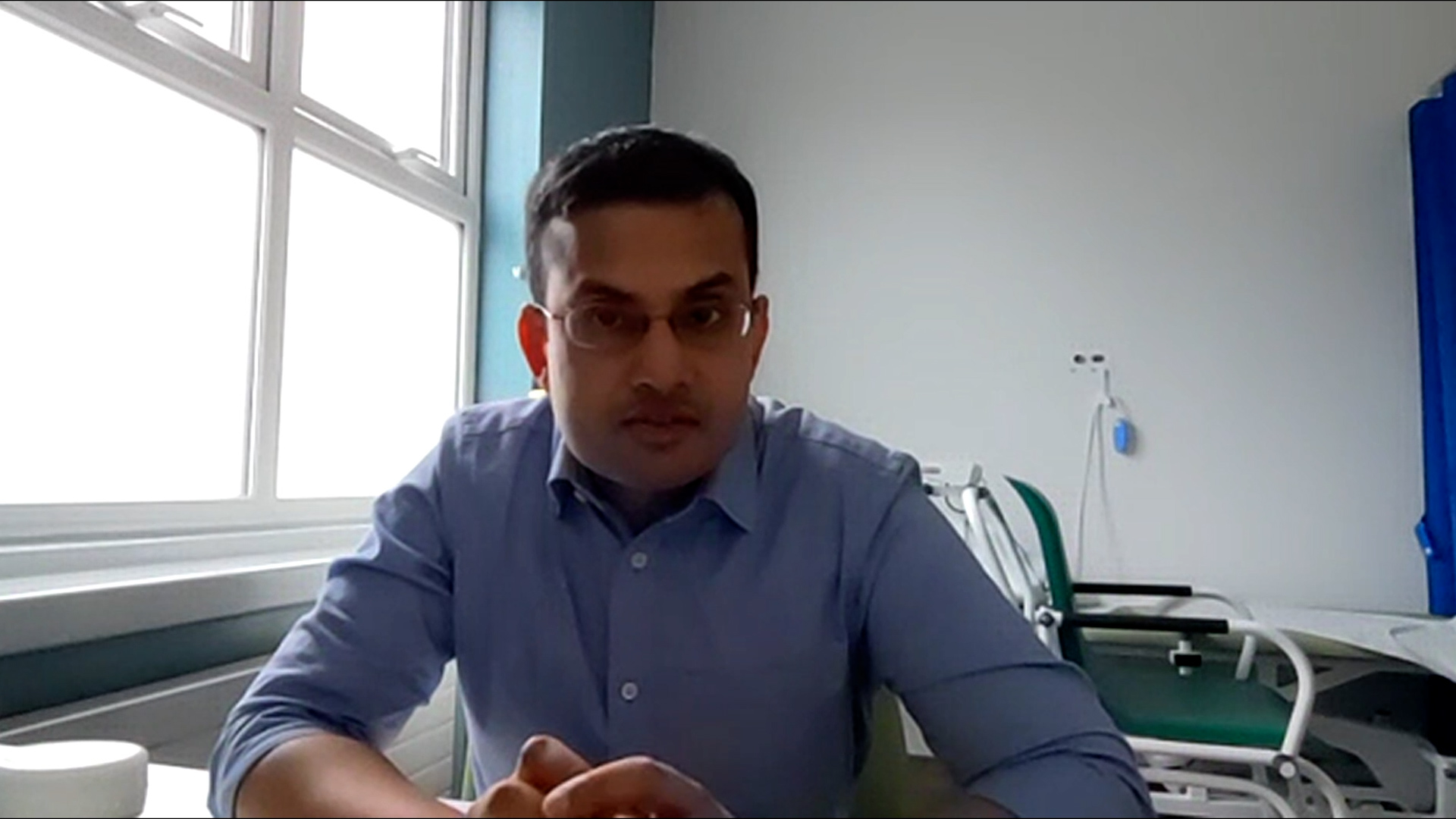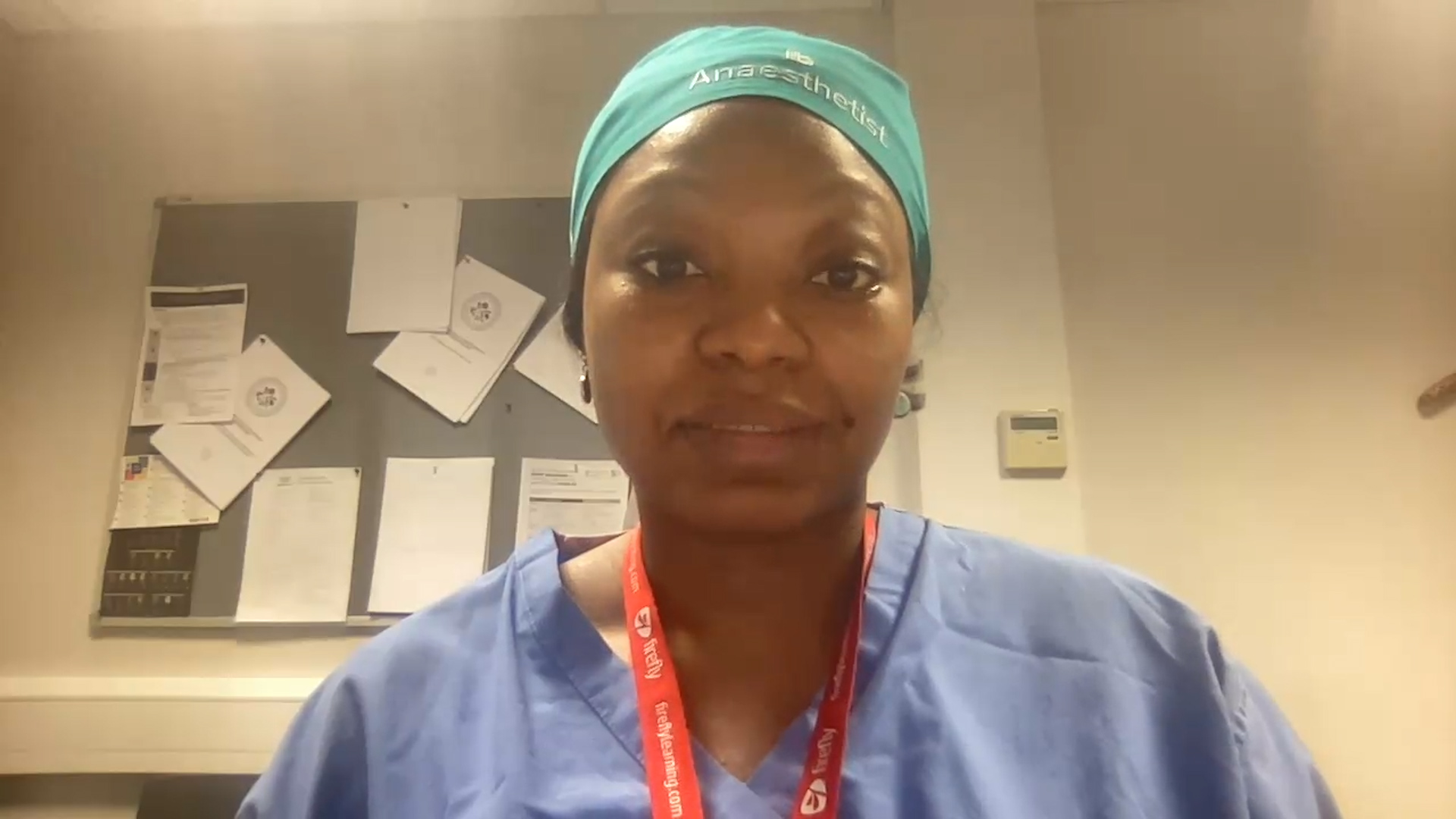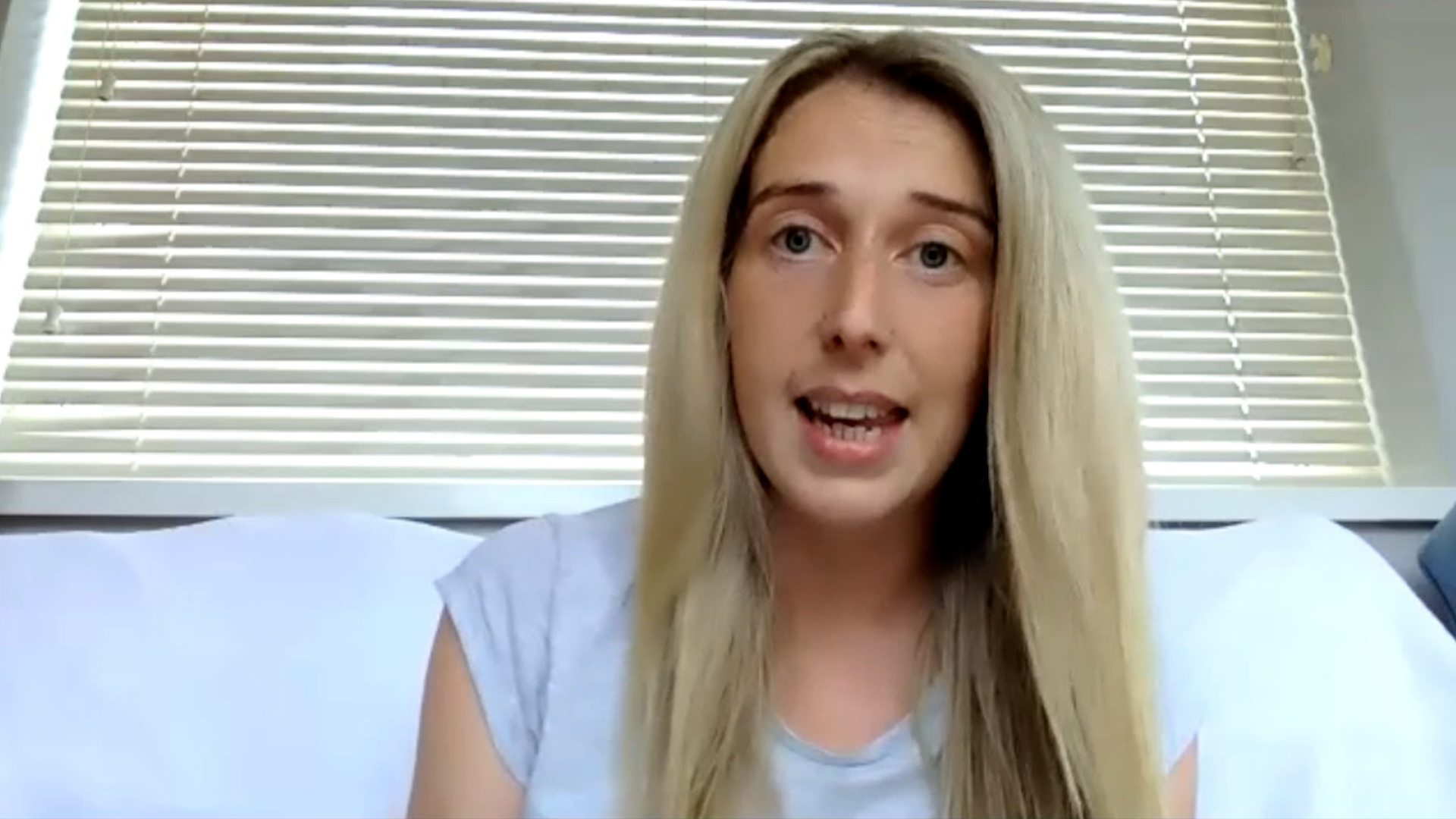Explore: Healthcare
Dentist
NHS England
info Issues viewing the video?
| Anna
Dentist |
|
| 00:07 | Hello. My name is Anna. Eight years ago I graduated as a dentist. I originally come from Greece, and a year after graduating I moved over to the UK. I currently work as a dentist at a mainstream NHS dental practice. My job is to look after the oral health of a wide variety of dental patients. What I enjoy about dentistry is the highly precise and technically challenging nature of it. Ultimately giving back to the community and being able to meet new people on a daily basis is highly rewarding. |
| 00:44 | After five years of dental school I graduated and a year later moved to the UK. The reason I moved to the UK is because I wanted to experience a different culture and a different way of life. Initially I worked at an NHS dental practise and then moved on into a hospital based job in North Devon. I worked mostly with children and people with disabilities which made the job very rewarding. Two years later I decided I needed to further upskill and decided to work for another hospital based job with the oral and maxillofacial department. |
| 01:35 | In order to study dentistry you have to at least achieve 3 As at A-levels in order to be accepted at a university. Being a dentist means that you need to work on your communication skills. Being able to communicate effectively to patients from all different sort of backgrounds, different cultures, different ages means that you are able to deliver the best care possible. Enjoying challenges and being good at problem solving is a good skill to have if you’re thinking about becoming a dentist. Thinking on your feet and being able to rise to any challenge on a daily basis means that you are able to provide for your patients. |
| 02:26 | Working in dentistry and having highly transferrable skills has given me the opportunity to travel abroad and volunteer my skills to the less fortunate. Shortly after the Syrian war I volunteered in Lebanon and looked after the oral health of Syrian refugees. Working in a healthcare profession can give you the opportunity to broaden your horizons and give you perspective about your daily struggles. I am currently in the process of applying to become a specialist orthodontist. This is only one of the multiple career options that dentistry can offer post qualification. |
| 03:16 | Working in dentistry in a highly competitive, high-paced environment you can lose focus on why you have chosen this profession in the first place. The reason most people choose this profession is because they want to provide care. What I would advise my younger self is to focus on providing care and less on the stresses of every day to day life. |
| 03:45 | END OF TRANSCRIPTION |
“Working in a healthcare profession can give you the opportunity to broaden your horizons and give you perspective about your daily struggles.” Originally from Greece, Anna worked in an NHS dental practice after moving to the UK before moving to hospital-based roles. She’s also volunteered abroad, working as dentist with Syrian refugees in Lebanon.
More information about Dental practitioners
Data powered by LMI For All
£54,080
average salary
The UK average salary is £29,813
23
average weekly hoursThere are 37.5 hours in the average working week
38%
male
62%
female
The UK workforce is 47% female and 53% male
Future employment
Future employment
Description
Dental practitioners diagnose dental and oral diseases, injuries and disorders, prescribe and administer treatment, recommend preventative action and, where necessary, refer the patient to a specialist.
Qualifications
Entrants require an approved university degree and must have completed a period of postgraduate vocational training. Graduate entry to dental school is sometimes possible. Registration with the General Dental Council is a pre-requisite to practise. Specialist fields require further study and training.
Tasks
- Examines patient’s teeth, gums and jaw, using dental and x-ray equipment, diagnoses dental conditions;
- Assesses and recommends treatment options to patients;
- Administers local anaesthetics;
- Carries out clinical treatments, restores teeth affected by decay etc., treats gum disease and other disorders;
- Constructs and fits braces, inlays, dentures and other appliances;
- Supervises patient’s progress and advises on preventative action;
- Educates patients on oral health care;
- Refers patient to specialist, where necessary;
- Maintains patients’ dental health records;
- Prepares and delivers lectures, undertakes research, and conducts and participates in clinical trials.
Employment by region
Top 10 industries for this job
Health
45317
Membership organisations
6109
Retail trade
1230
Employment status
Related career stories
⇦
⇨
